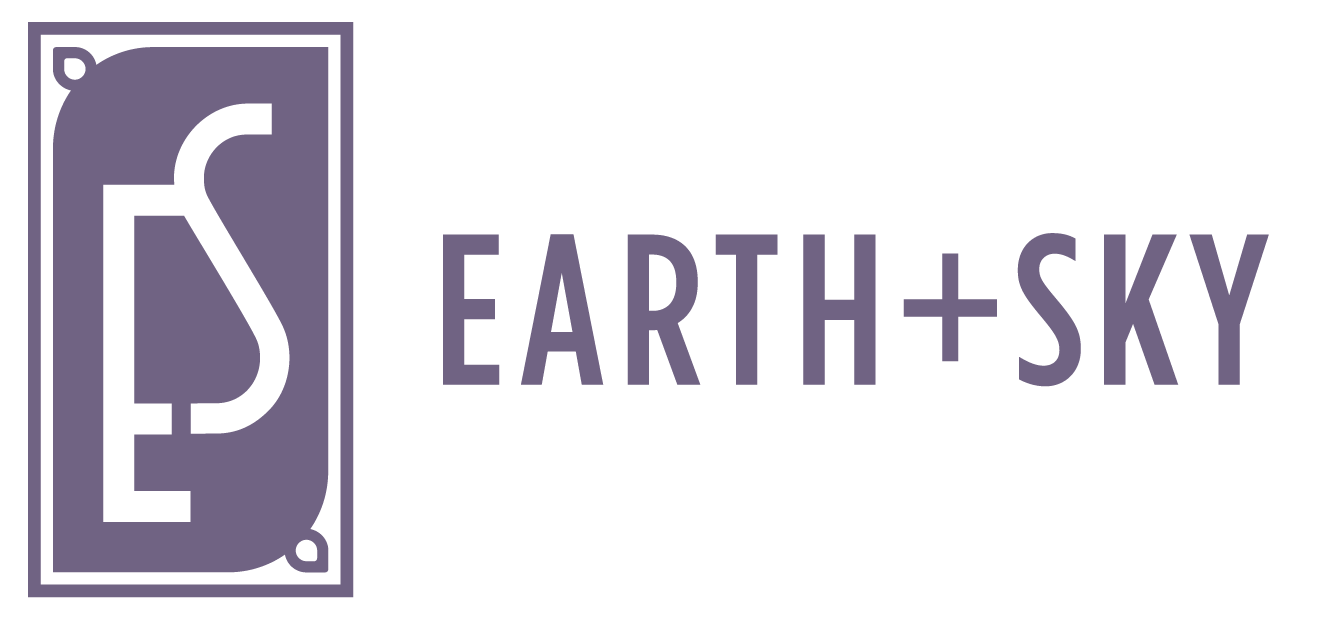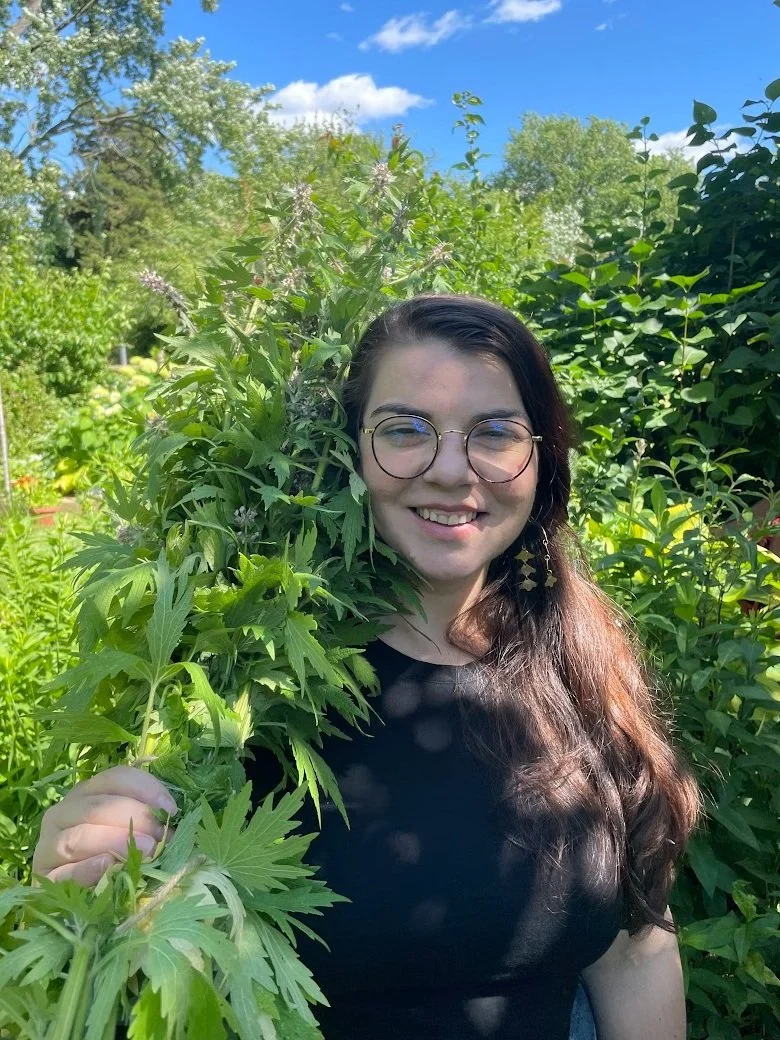Herbal Consults: FAQ
By Nicole Acosta Nemergut
What is an herb consult?
An herb consult is a chance to talk in depth with an herbalist about your current health and your health goals. This could be for short term or acute issues like a cold or stomach bug, or it could be for longer term issues like improving digestion or painful menstrual cycles. You can even schedule an herb consult for preventive issues like getting ahead of seasonal allergies, preparing for cold and flu season, or if you know you will be dealing with a high stress event.
Depending on your needs and preferences you’ll be given a Chinese herb prescription or a protocol drawing from Chinese and/or Western herbalism. I firmly believe that the best herbs are the ones you use, so we will come up with an herbal strategy that works for your interest, capacity and budget.
What will we do during the consult?
We’ll start by discussing your health goals and what brought you in for an herbal consult. We’ll discuss your current health by looking at sleep, digestion, energy levels, and other markers. I’ll ask to see your tongue and if we are in person, I’ll feel your pulse. Tongue and pulse readings are important diagnostic tools in Chinese Medicine that give us insight into your overall health. We will then discuss what form of herbs will work best for you. I may also suggest food or movement to consider as part of your treatment.
How will I get my herbs?
Depending on the form of herbs you choose to work with, you may receive an herbal protocol with suggestions of where to buy herbs locally or online or if you are prescribed a Chinese formula, we will send the prescription to Kamwo Herbal Pharmacy in Manhattan. They will fill the order and you will be able to choose to pick it up or have it delivered to your home. Herbs are priced separately from the consult.
What forms of herbs do you work with?
Herbs are amazing in their flexibility and specificity. There are strategies available for all levels of interest, comfort, and budget. Each preparation has its strength. Some common preparations we work with are:
Teas
Teas are simple and accessible. Herbs can be purchased at a supermarket or herb store. They are prepared by pouring hot water over the herbs and letting them steep for 10 – 15 minutes. This preparation is best for leaves and flowers.
Decoctions
Decoctions are like a tea but cooked for a longer period of time. Herbs are placed in boiling water and simmered for 30-60 minutes This is the most common preparation for Chinese raw herbs. This preparation is best for roots, barks, berries and minerals.
Tinctures
Tinctures are quick and easy. This method uses alcohol or vegetable glycerin to extract plant materials. Tinctures are dosed by the dropperful and a little bit can go a long way.
Capsules
Capsules are made from powdered plant materials and then encapsulated for ease of use. This is a great preparation for people who might be hesitant about the taste of herbs.
Tea Pills
Tea pills are made by making a strongly concentrated tea or water based extract and then sprayed on an inert pill. They are sealed with vegetable wax. This is a very common and affordable herb preparation.
Granules
Granules are also made by creating a strong water extraction and then spraying it on an inert starch. Spoonful’s are dissolved in hot water and then drunk like a tea. Granules are a quick and easy preparation that allows you to still taste the herbs.
Topicals
Topicals are not consumed but applied to the skin. They can be liniments, salves, patches or steams. They are great for pain, rashes, or congestion. We carry a couple common liniments and salves in our apothecary.
Can I take herbs if I’m already taking prescription medications?
Probably! We’ll look at your current medications, herbs, and supplements to make sure everything is working well together. Things I consider when prescribing herbs are herb drug interactions, timing of dosages and making sure the herbs and medications aren’t doing the same thing (same mechanism of action).
Can I take herbs if I am vegan, vegetarian or have other dietary restrictions?
Probably! Chinese and Western herbalism both use animal products in herbal preparations. We can work together to come up with a strategy or protocol that meets your dietary needs while addressing your health concerns.
Can I take herbs if I am pregnant or breast or chest feeding?
Probably! Many herbs can safely be taken during and after pregnancy. Learning which herbs are safe or contraindicated in pregnancy is an important part of herbal education.
What if the herbs don’t work?
Great! Hearing your response and feedback to the herbs is excellent information for getting to the heart of the issue and the most specific diagnosis. It’s wonderful when herbs work the first time, and they often do. However, sometimes herbs may not be the right fit or the right fit at this moment. Your feedback gives us a chance to reassess and make sure we have the best possible solution.
What training and experience does Nicole have?
Nicole has been studying and practicing Western herbalism since 2016 and Chinese herbalism since 2019. She apprenticed with Karen Rose at Sacred Vibes apothecary from 2017 – 2019. Other herb teachers include Brandon Ruiz, sára abdullah, Atava Garcia Swiecicki and Toi Scott. Nicole has taught about herbs at the New York Spiritual Herbalism Conference, the Green Thumb Grows Conference, The Allied Media Conference, The NOLA Herb Gathering and has led workshops in community gardens across New York City. She studied Chinese herbs at Pacific College of Health and Science and treated patients with Chinese Herbs both in person and through telehealth as part of her clinical internship. She is the founder of Ballast Botanicals, a line of herbal products inspired by ballast flora.


